.webp)
© History Oasis
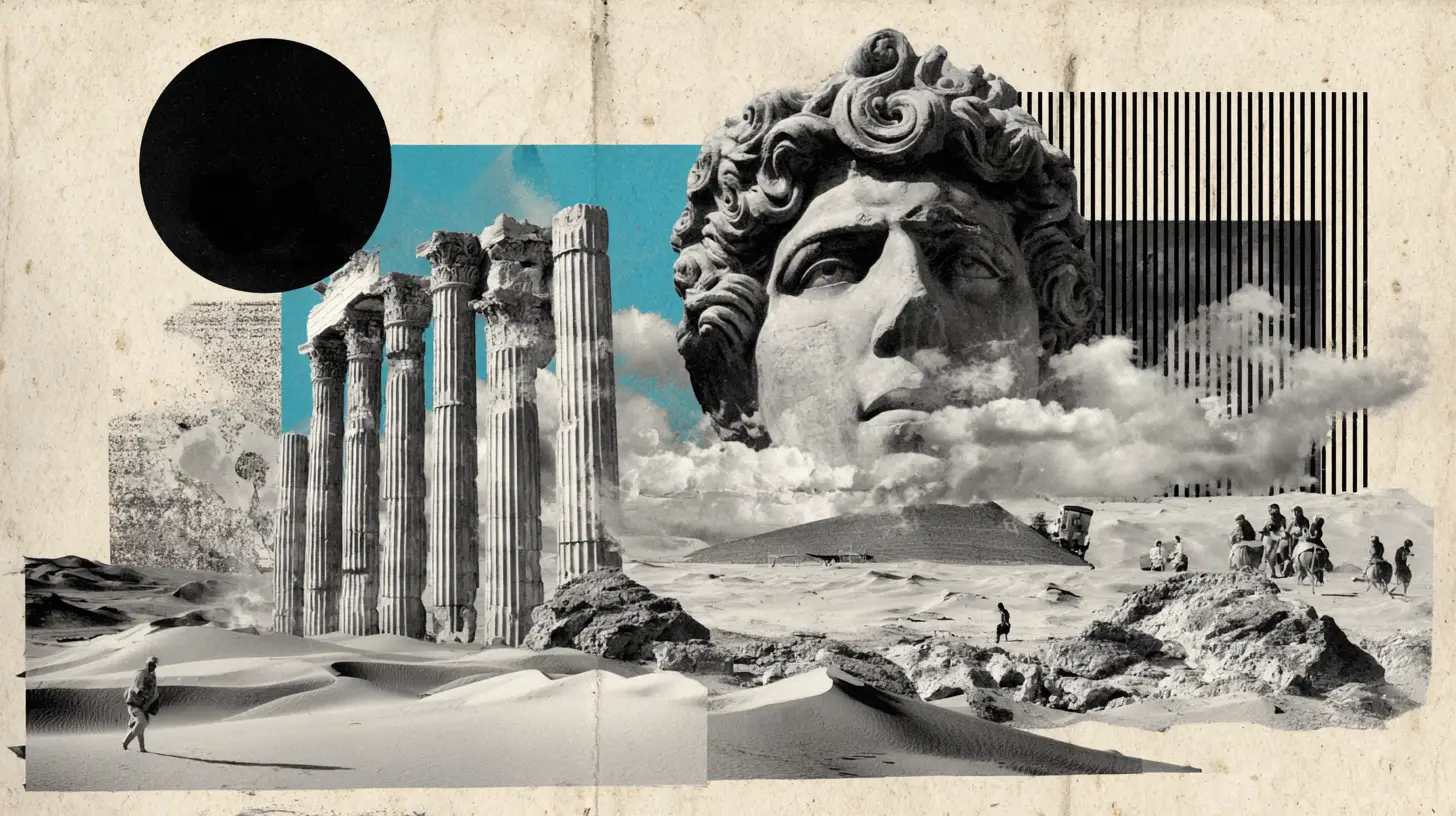
Octavian enters Alexandria, Egypt, ending the Ptolemaic Kingdom and securing Rome's control over the Mediterranean's richest territory.
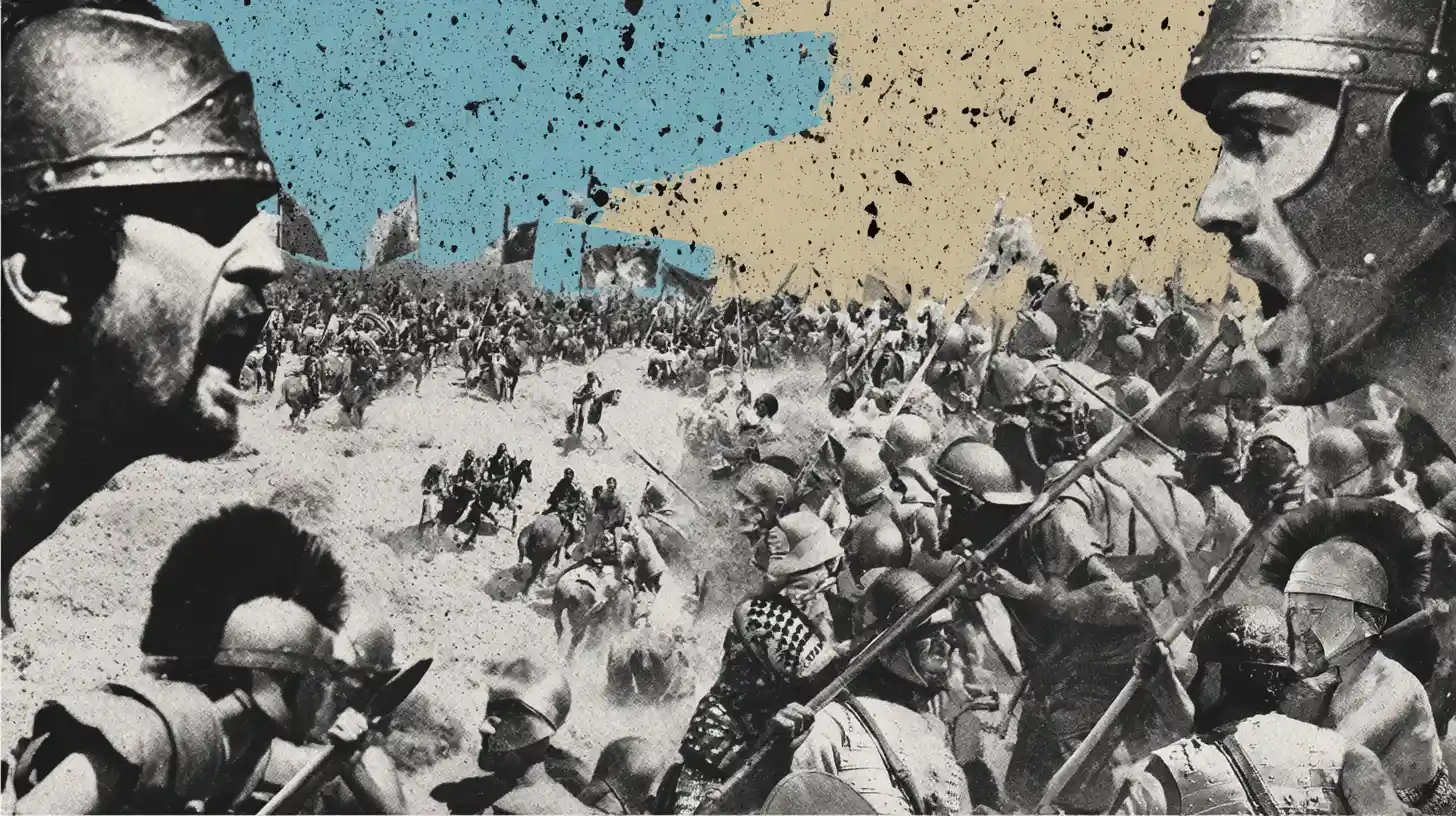
Hannibal destroys a Roman army of 80,000 men at Cannae using a double envelopment tactic, marking Rome's worst military defeat and Carthage's greatest victory.
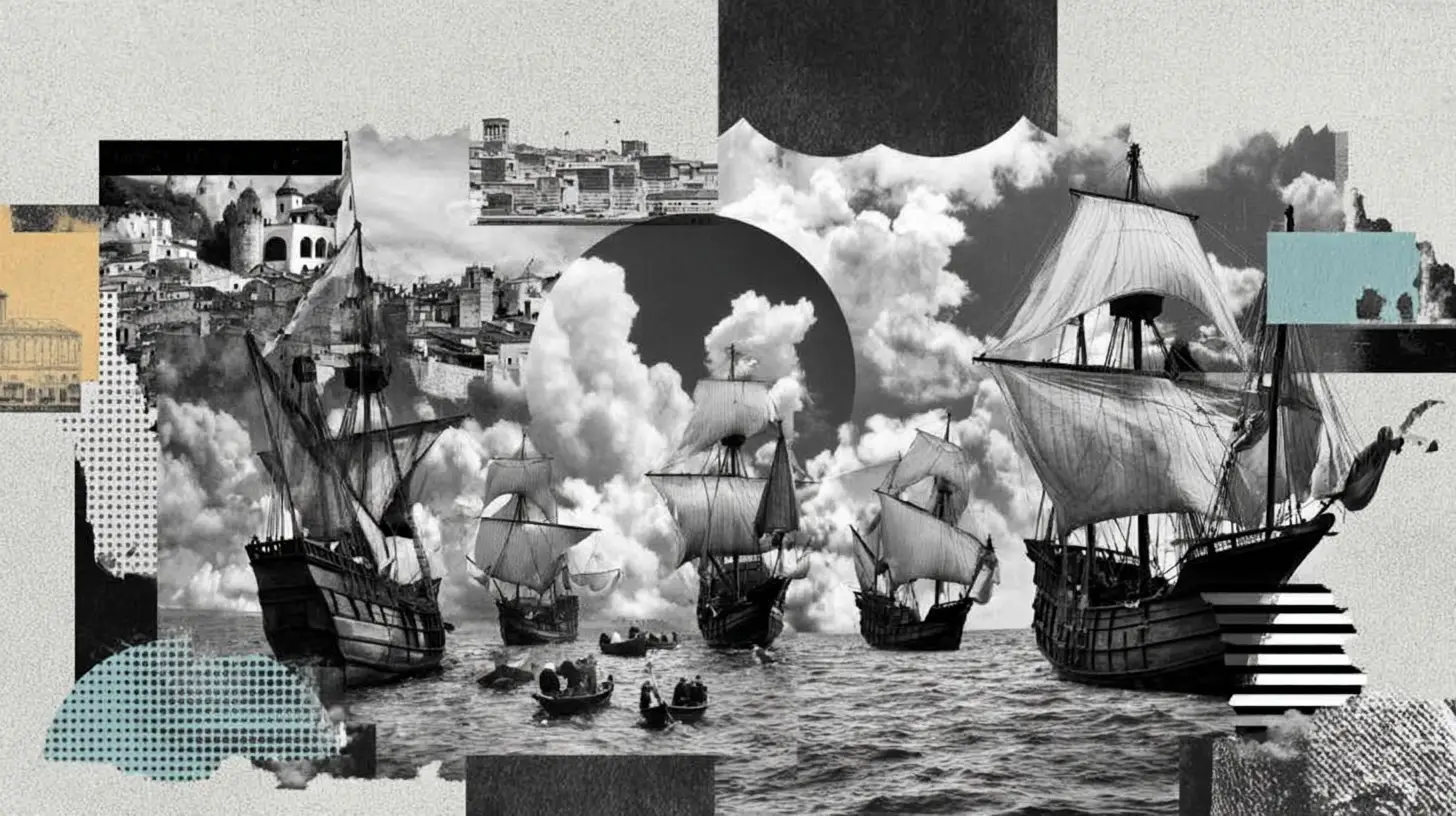
Christopher Columbus departs Spain with three ships, beginning the voyage that will connect the Old and New Worlds and reshape global history.
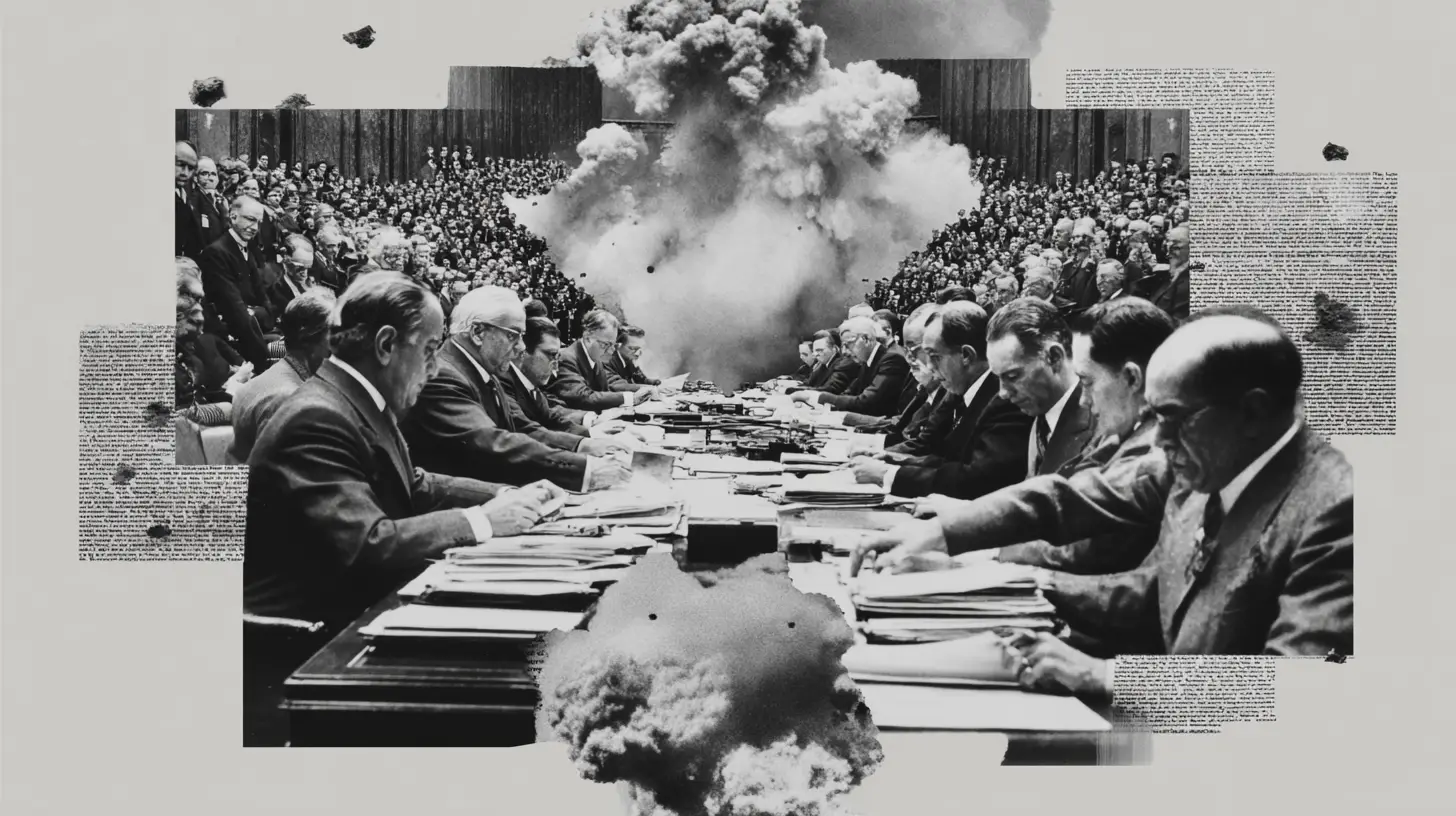
Britain declares war on Germany after the invasion of Belgium, transforming a European conflict into the first truly global war.
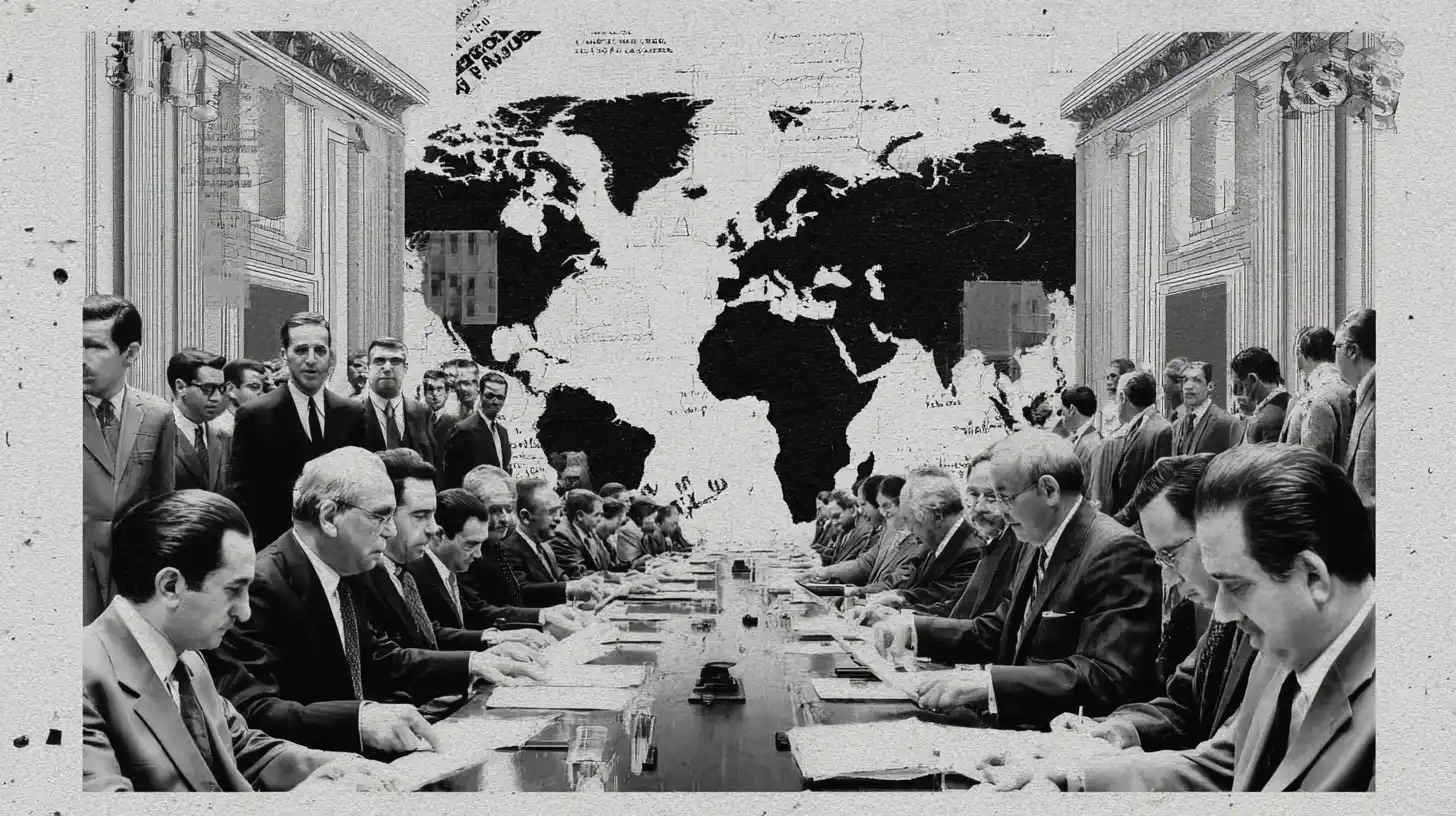
The United States, Soviet Union, and United Kingdom sign the Limited Nuclear Test Ban Treaty, prohibiting atmospheric nuclear testing and marking the first major arms control agreement of the Cold War.
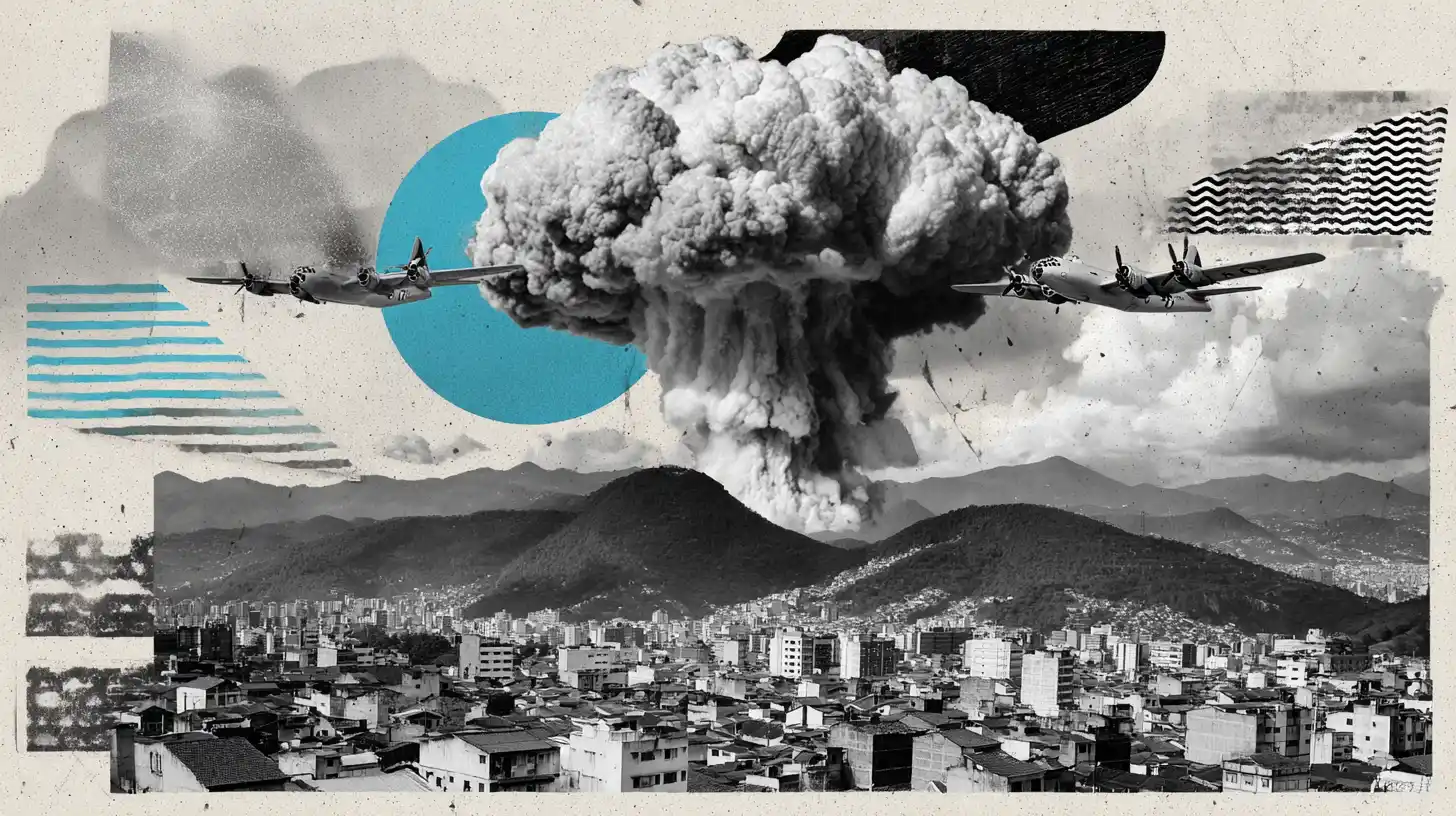
The B-29 bomber Enola Gay drops the atomic bomb "Little Boy" on Hiroshima at 8:15 AM, killing 80,000 people instantly and ushering in the nuclear age.
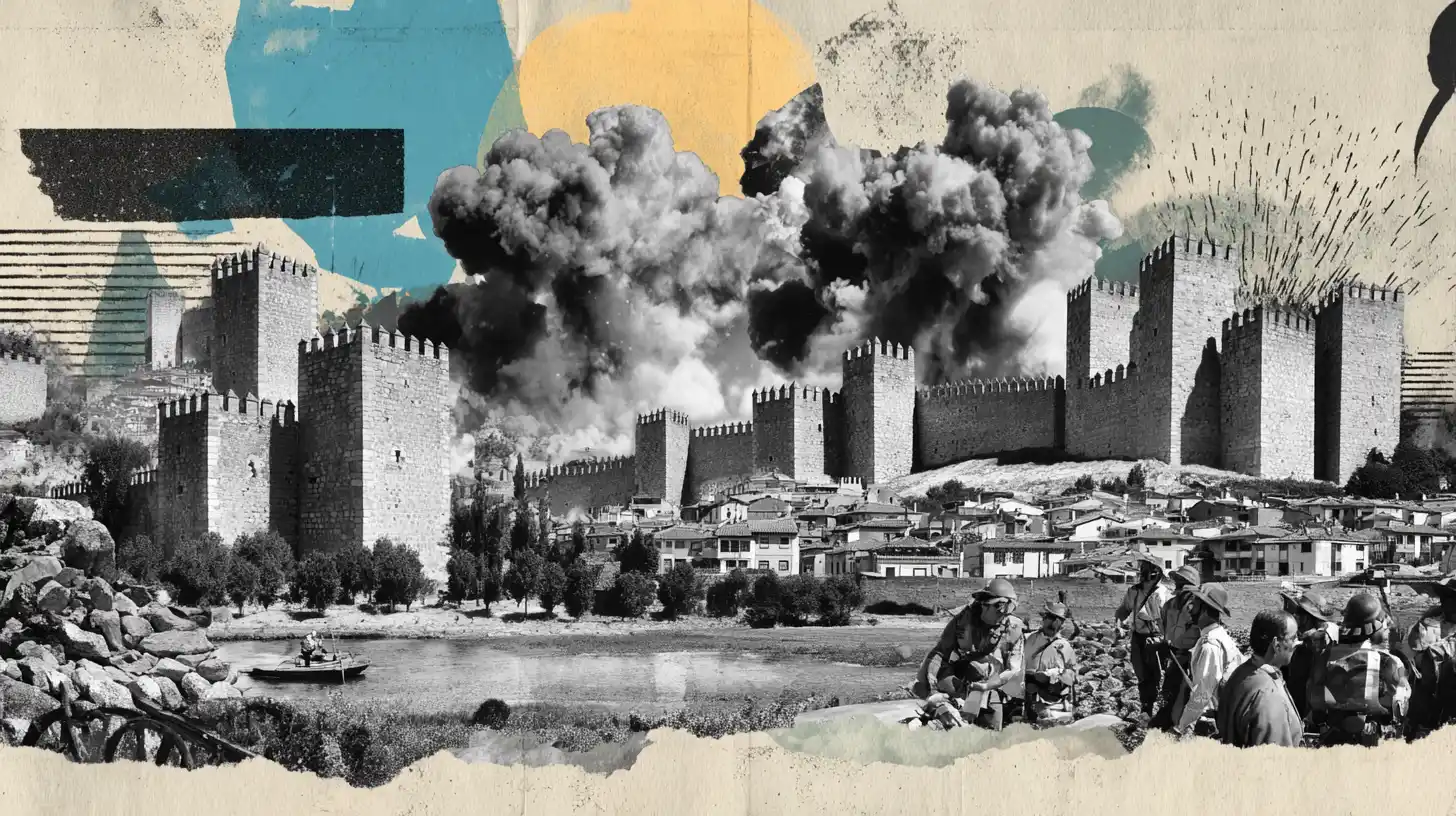
Byzantine forces break the siege of Constantinople, defeating the combined assault of Avars and Sassanid Persians and preserving the Eastern Roman Empire for another 800 years.
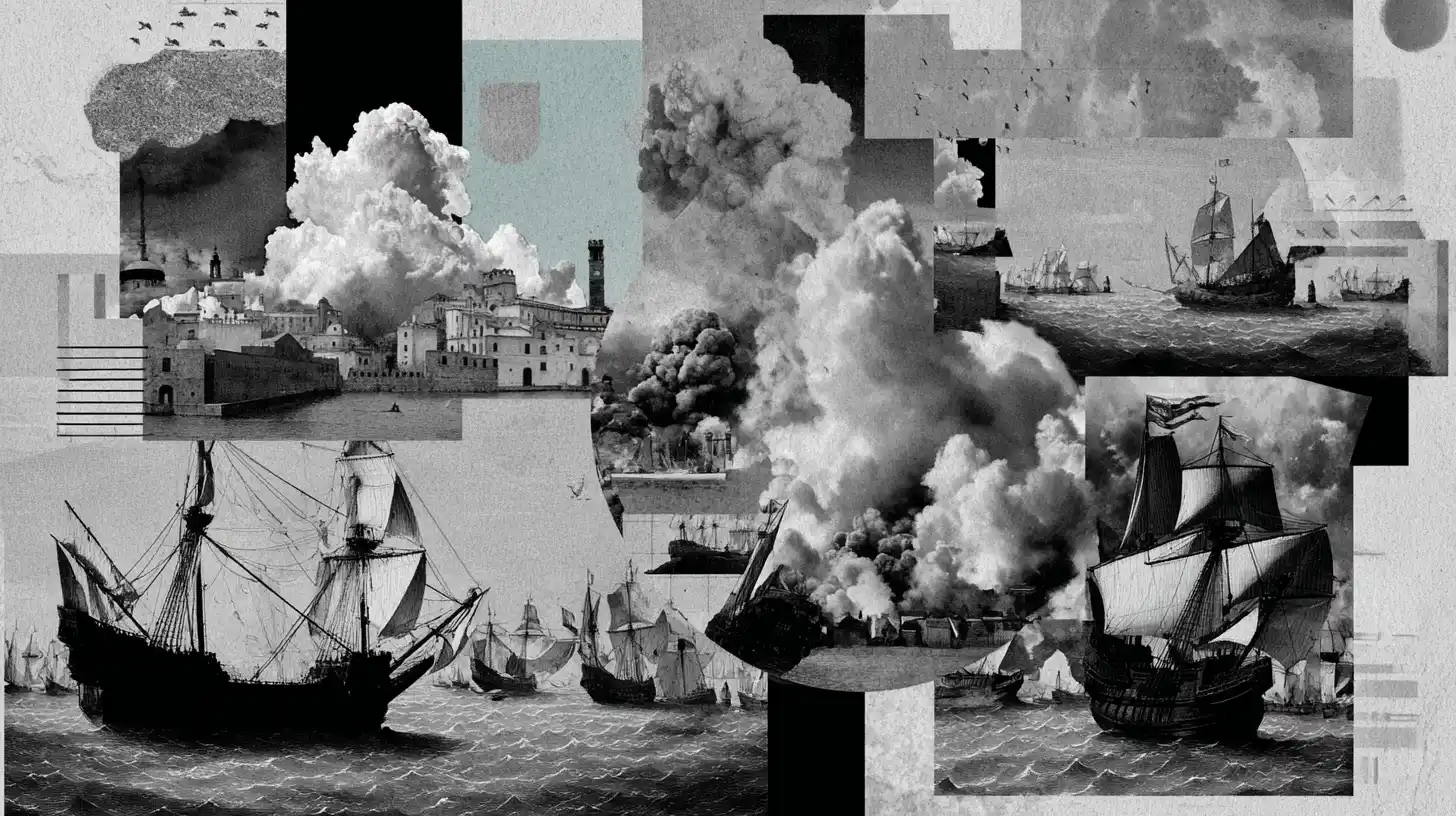
English ships scatter the Spanish Armada in the English Channel, destroying Philip II's invasion fleet and establishing England as Europe's dominant naval power.
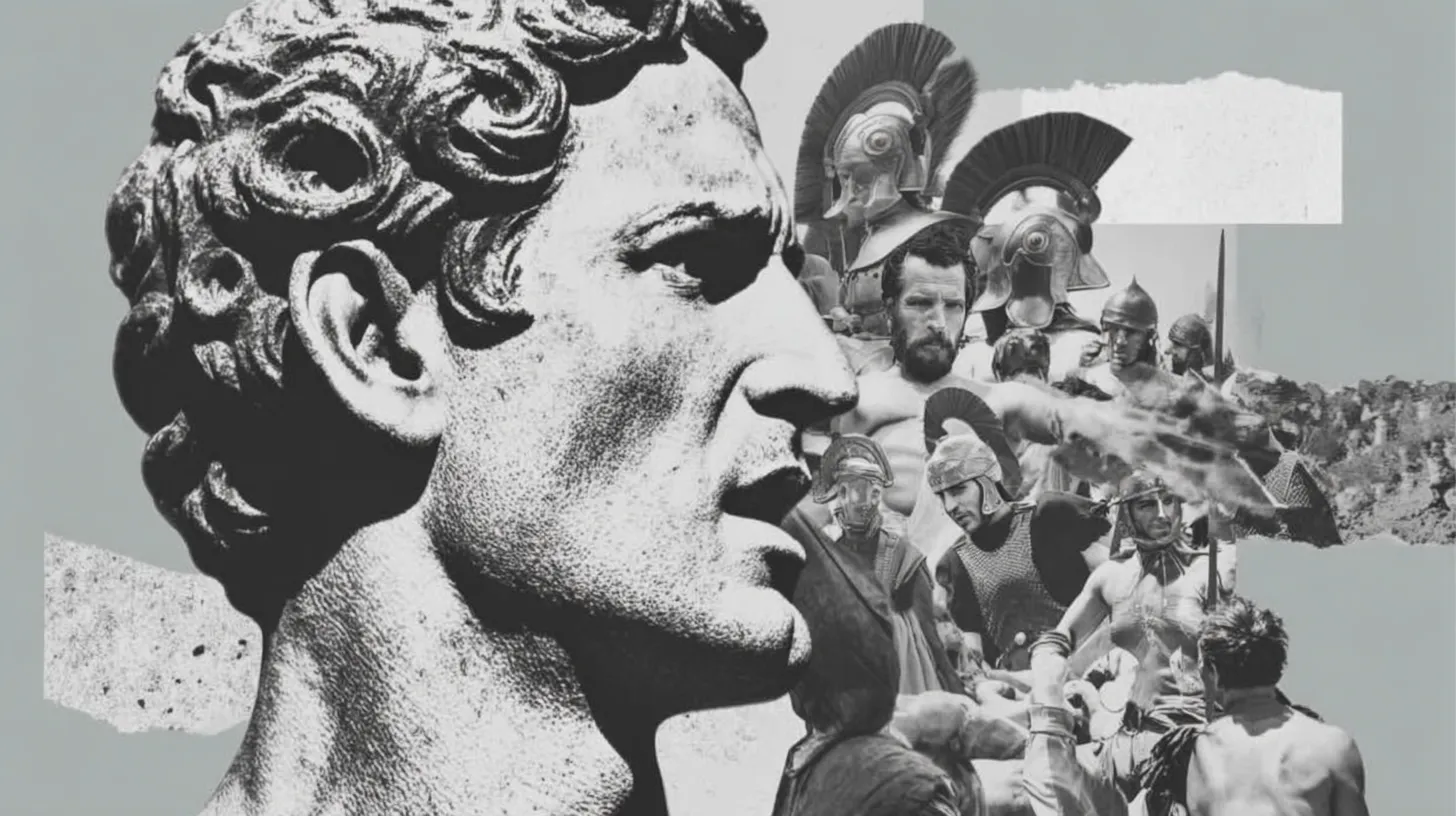
Julius Caesar defeats Pompey at Pharsalus in Greece, ending the Roman Republic's last civil war and establishing Caesar as Rome's undisputed master.
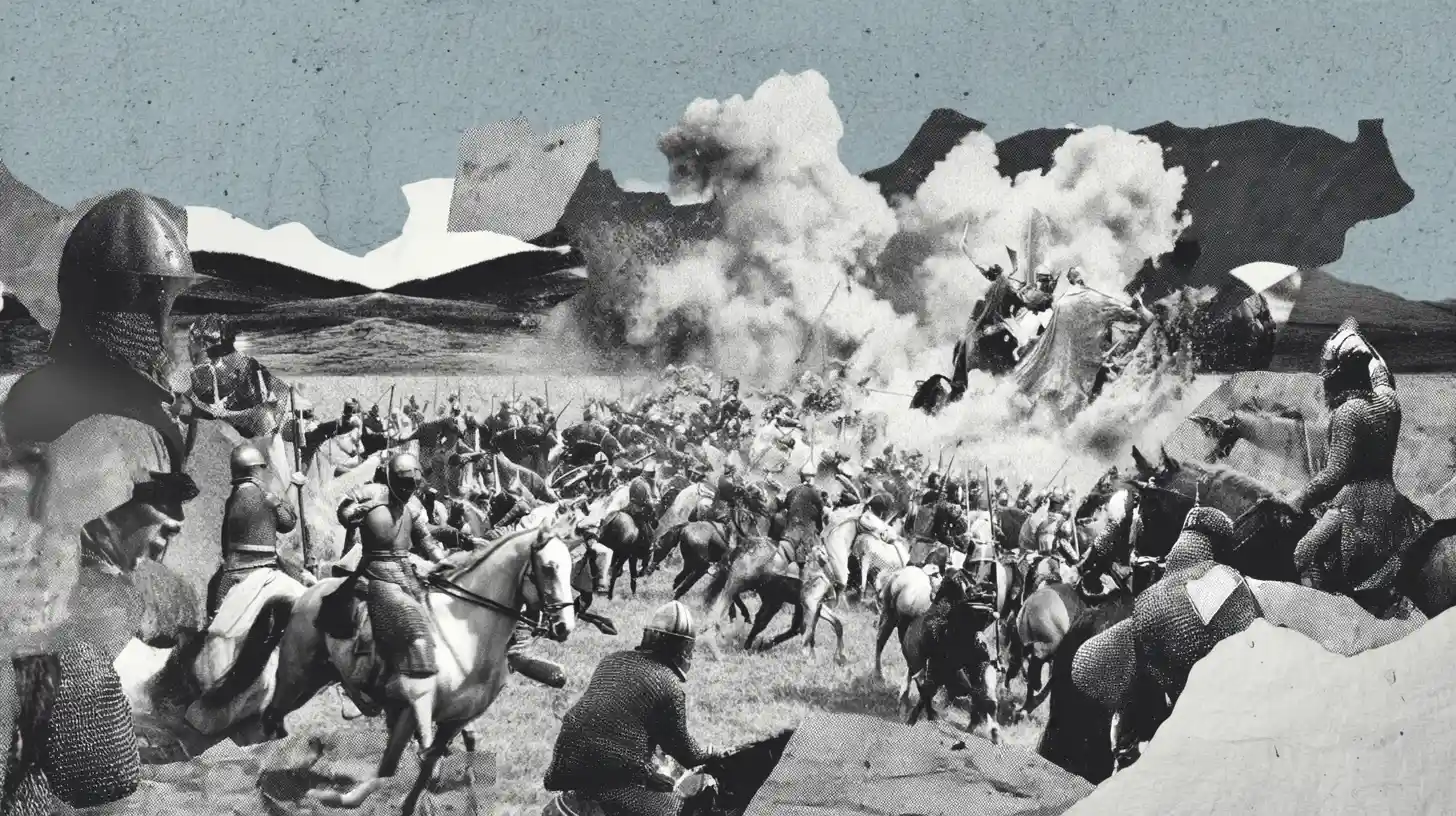
Holy Roman Emperor Otto I crushes a Magyar army at Lechfeld near Augsburg, ending Hungarian raids into Western Europe and earning Otto the title "the Great."
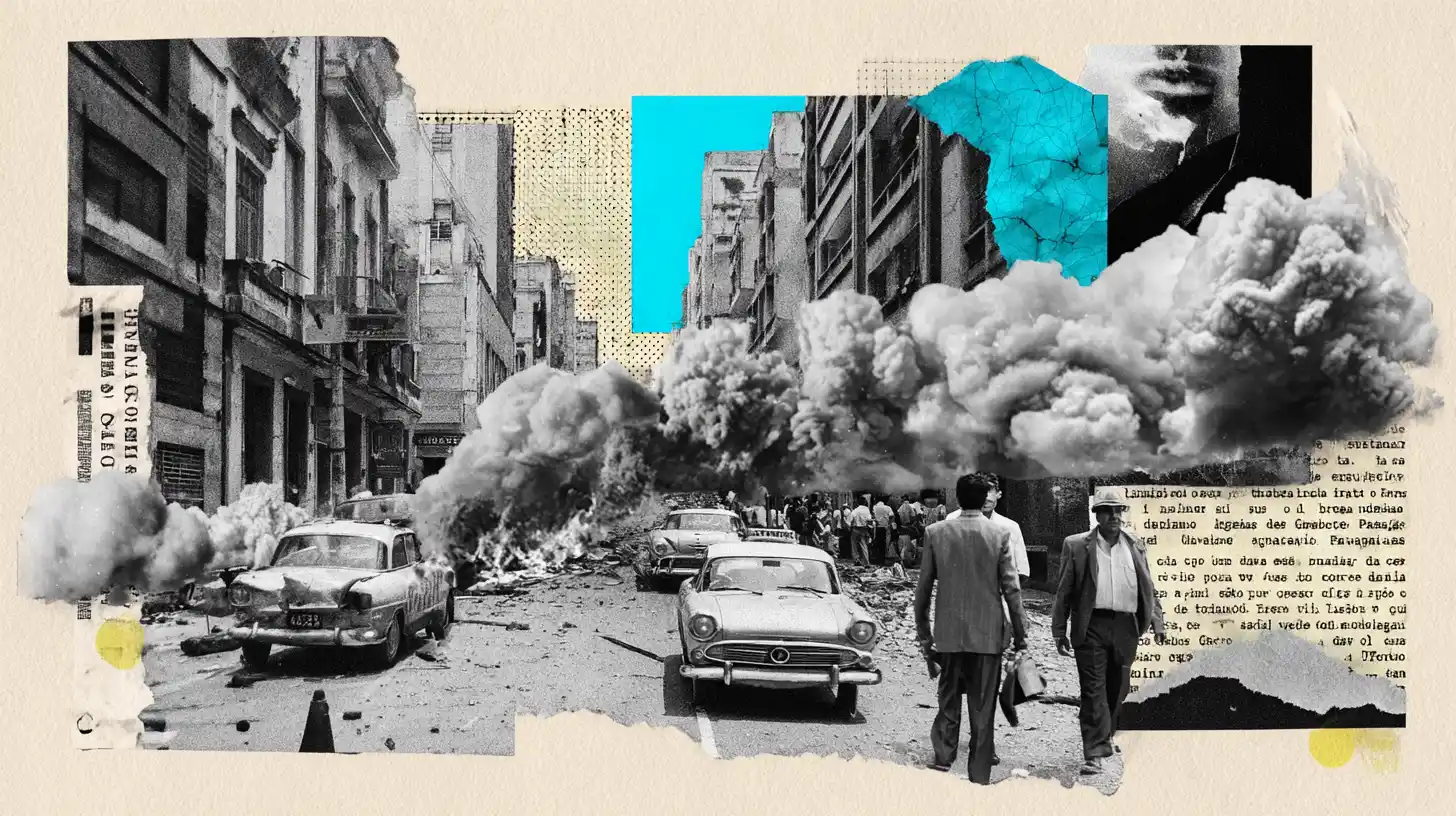
A routine traffic stop in Los Angeles escalates into six days of rioting that kills 34 people and destroys $40 million in property, exposing deep racial tensions in American cities.

IBM introduces its Personal Computer using an Intel processor and Microsoft's DOS operating system, standardizing the PC architecture that dominates computing today.
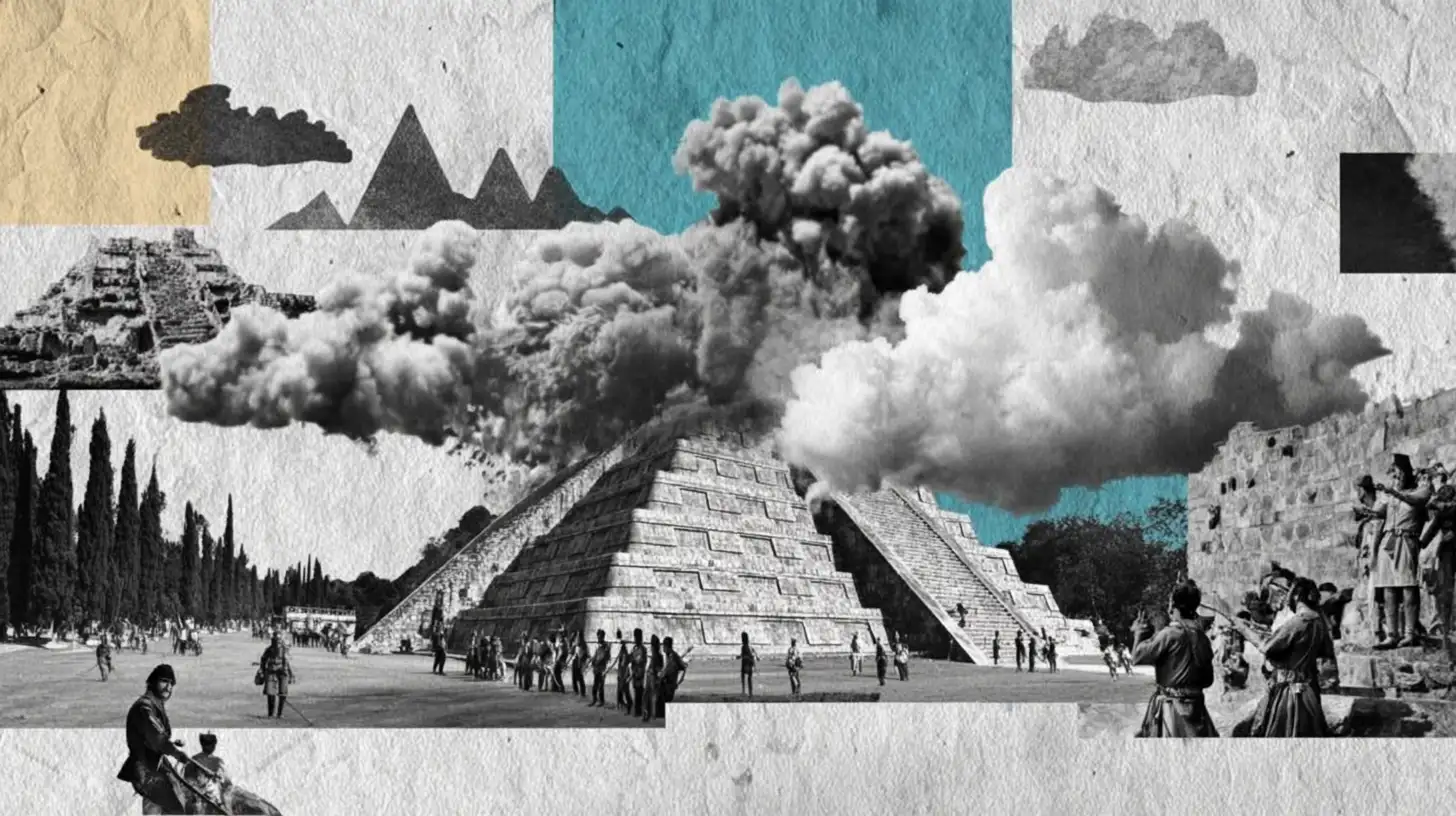
Spanish conquistador Hernán Cortés captures Tenochtitlan after a brutal siege, destroying the Aztec Empire and establishing Spanish dominion over Mexico.
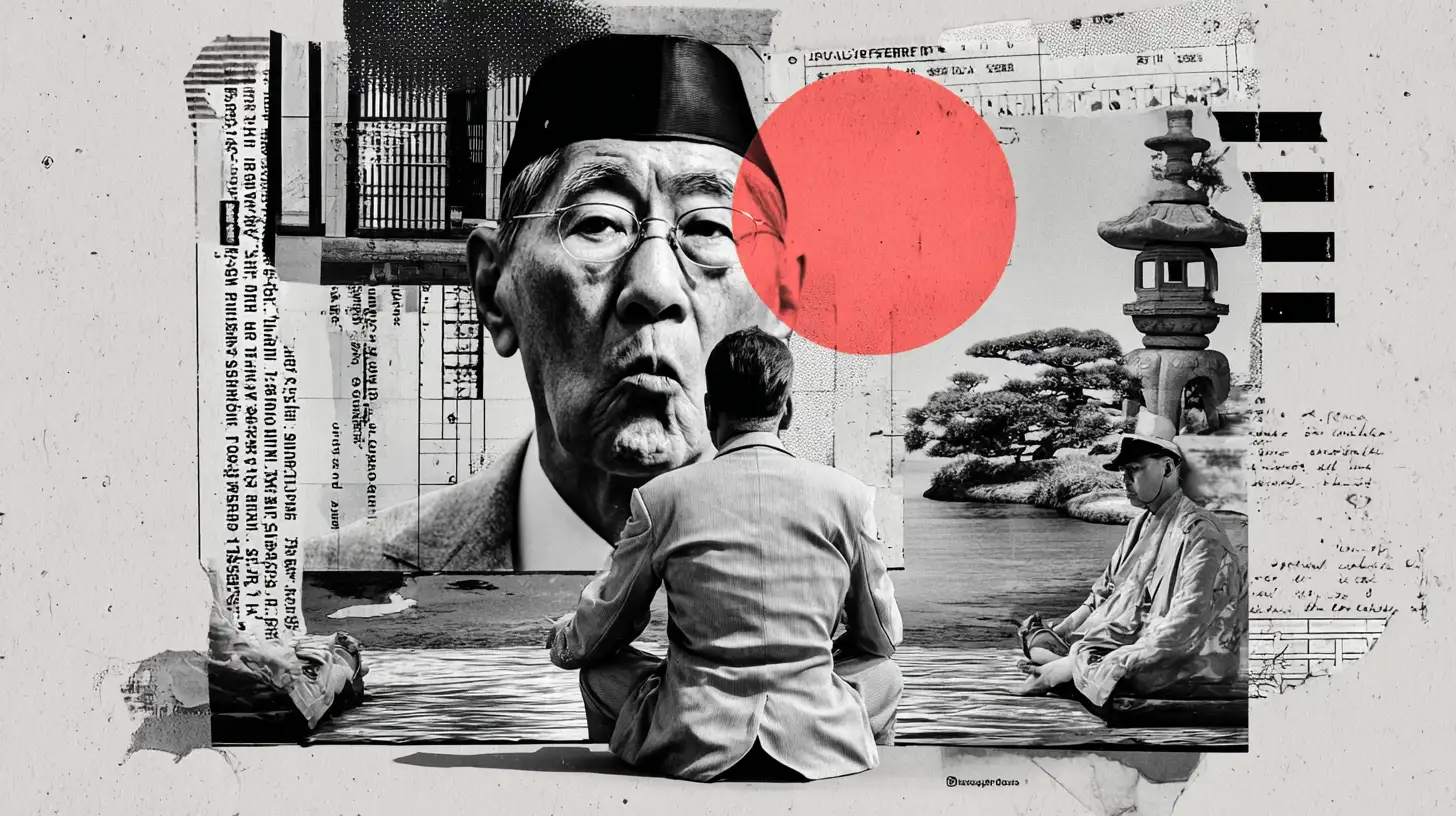
Emperor Hirohito announces Japan's unconditional surrender in a radio broadcast, ending World War II and sparing Japan from further atomic bombing.

Emperor Hirohito's surrender broadcast reaches the world, marking Victory over Japan Day and ending the deadliest conflict in human history after six years of global warfare.
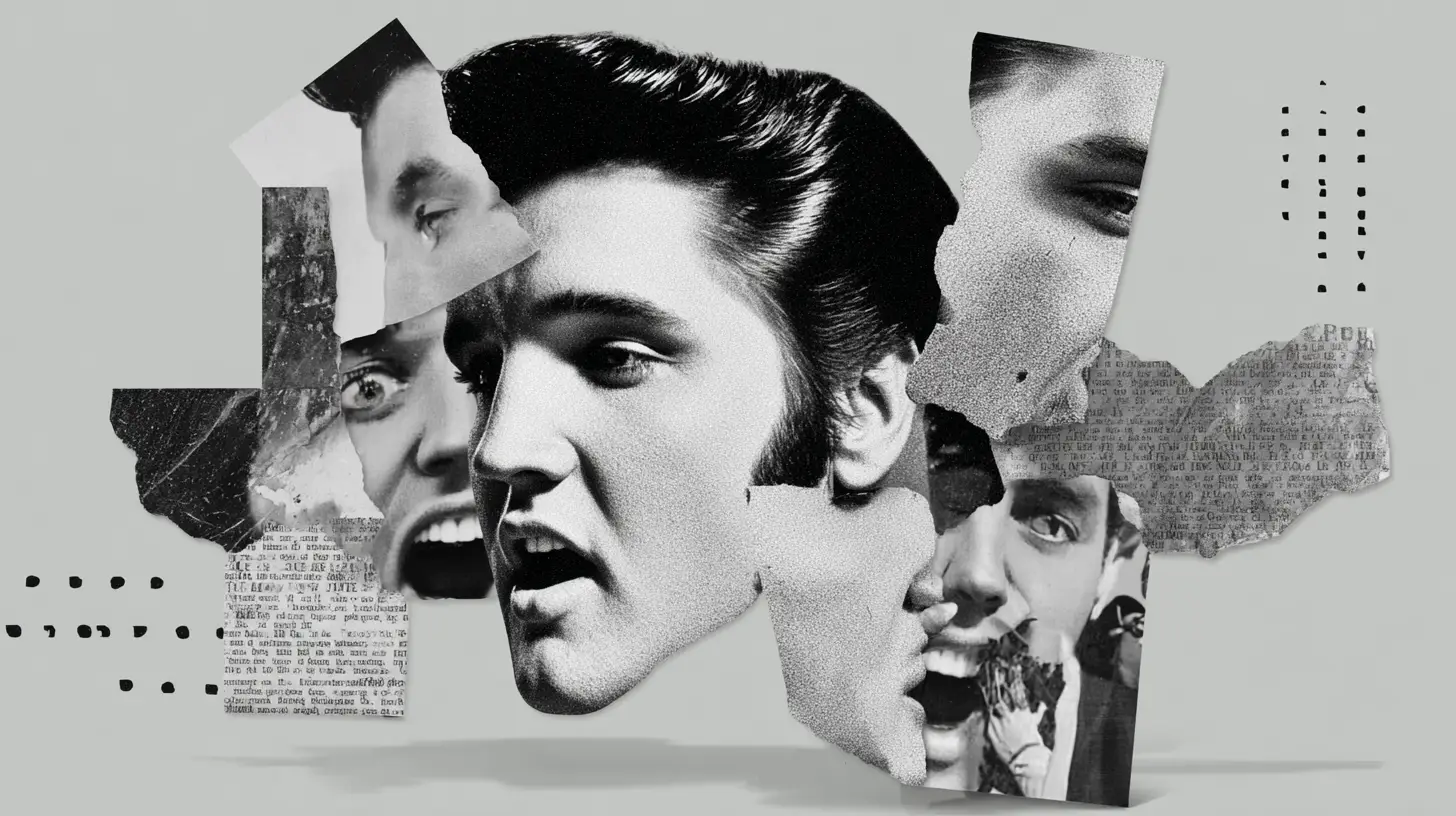
Elvis Presley dies at Graceland in Memphis at age 42, ending the career of the performer who revolutionized American popular music and created the template for modern celebrity.
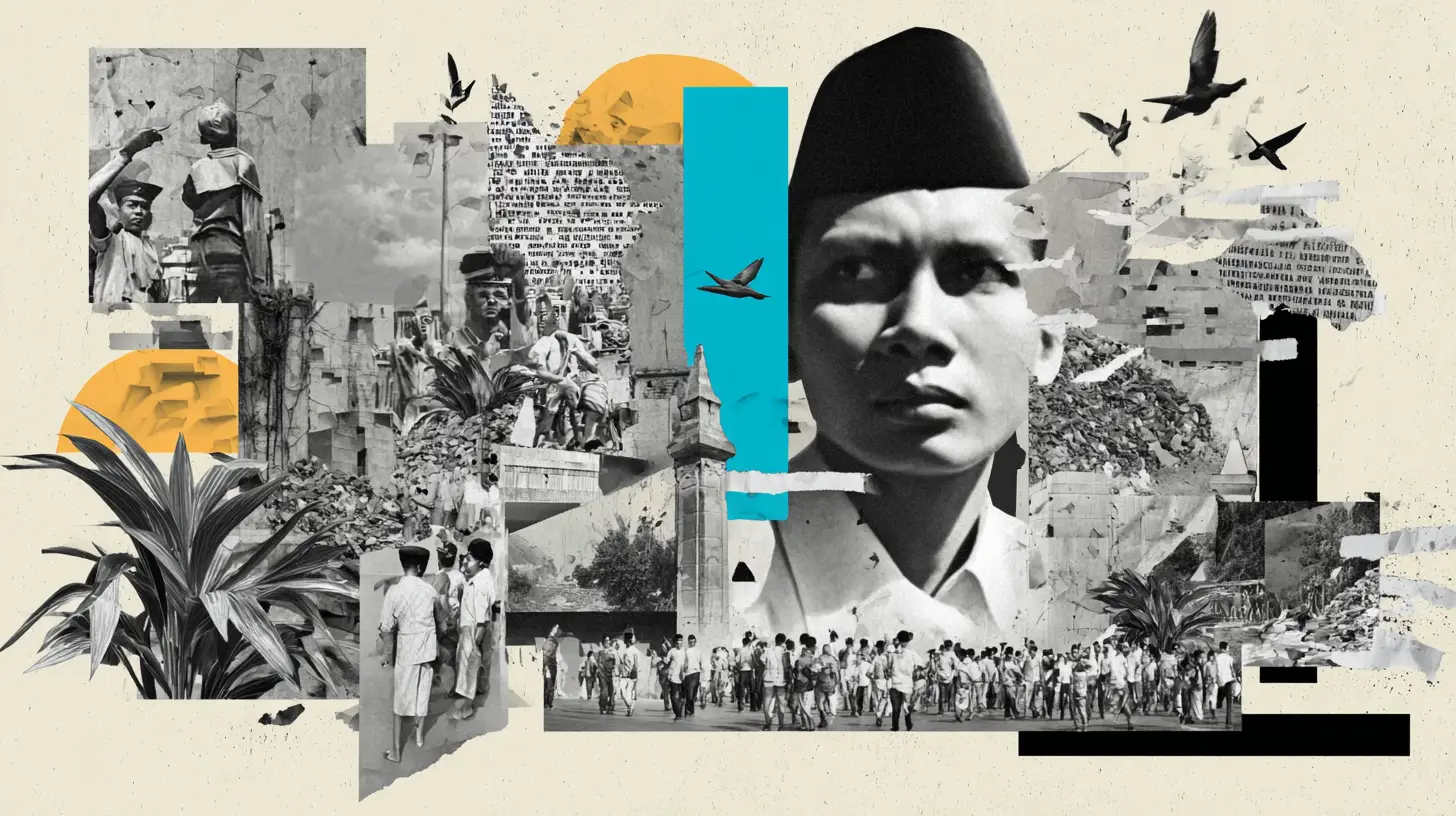
Sukarno and Mohammad Hatta proclaim Indonesian independence from the Netherlands, beginning a four-year revolutionary war that creates the world's largest archipelagic nation.

Tennessee becomes the 36th state to ratify the 19th Amendment, granting American women the constitutional right to vote after a 72-year campaign for suffrage.
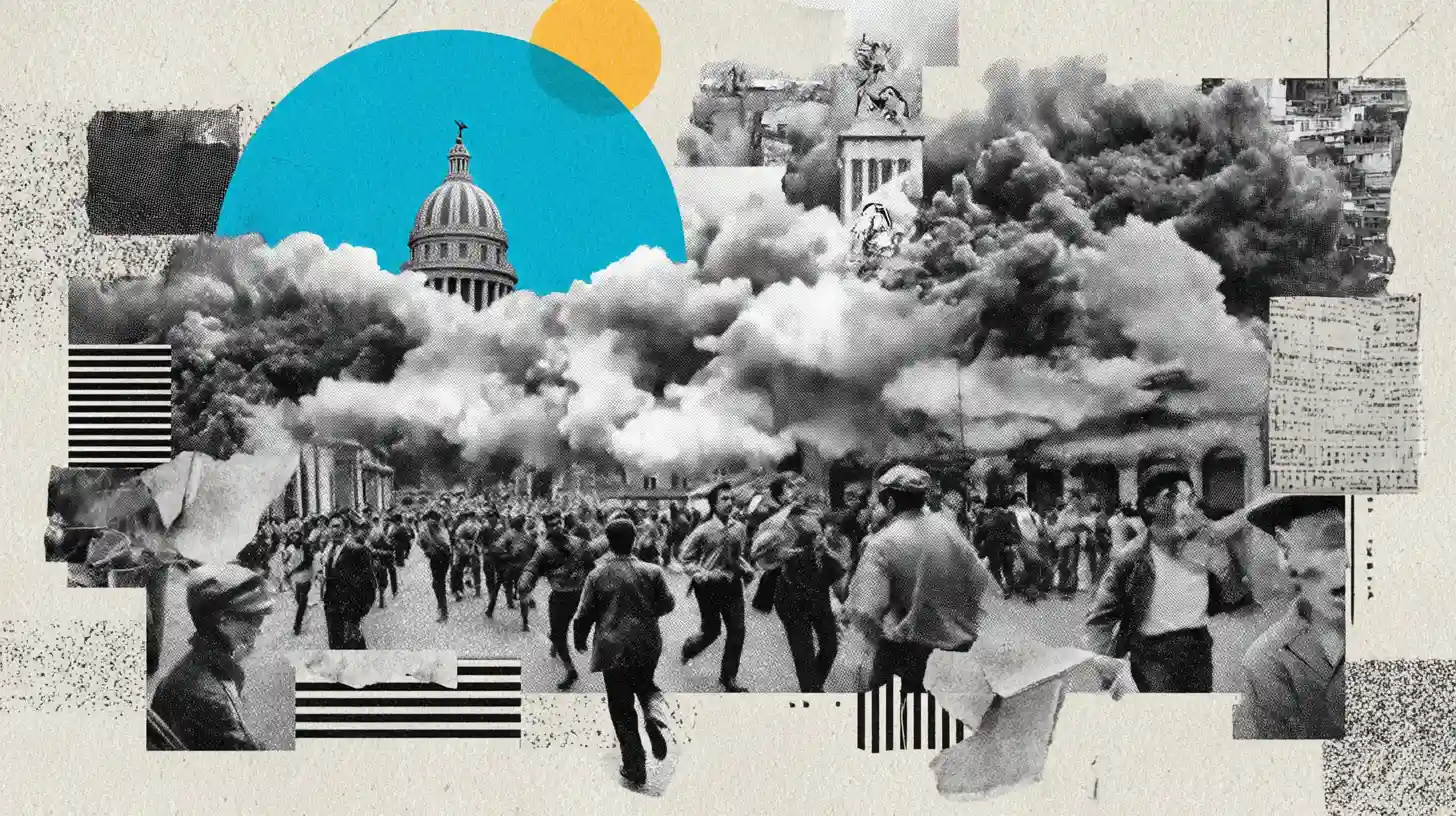
Hard-line communists launch a coup attempt against Soviet leader Mikhail Gorbachev, triggering three days of resistance that accelerates the collapse of the Soviet Union.
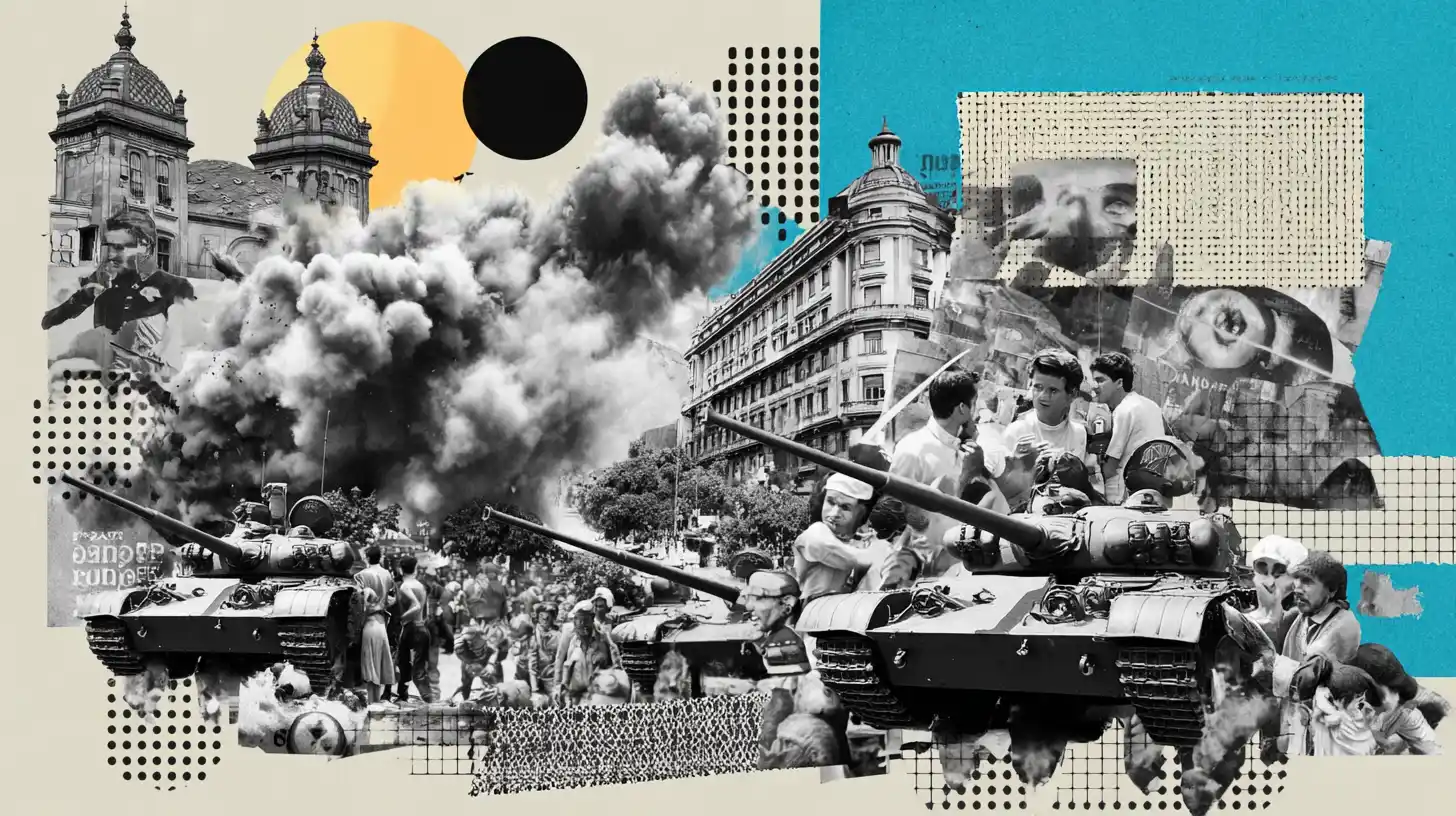
500,000 Warsaw Pact troops invade Czechoslovakia to crush Alexander Dubček's liberal reforms, demonstrating Soviet determination to maintain communist orthodoxy in Eastern Europe.
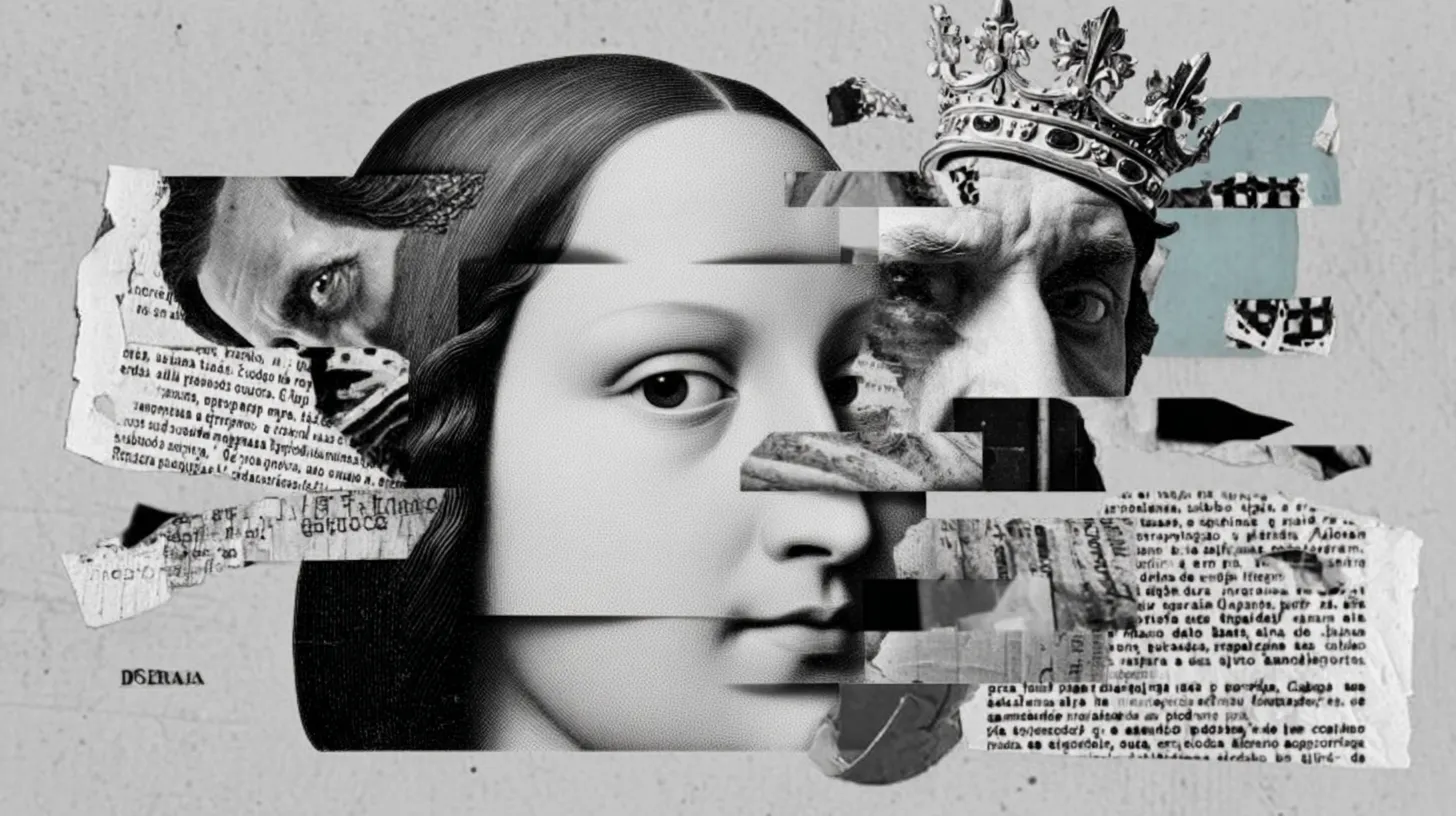
Vincenzo Peruggia steals Leonardo da Vinci's Mona Lisa from the Louvre in Paris, hiding the world's most famous painting in his apartment for two years.
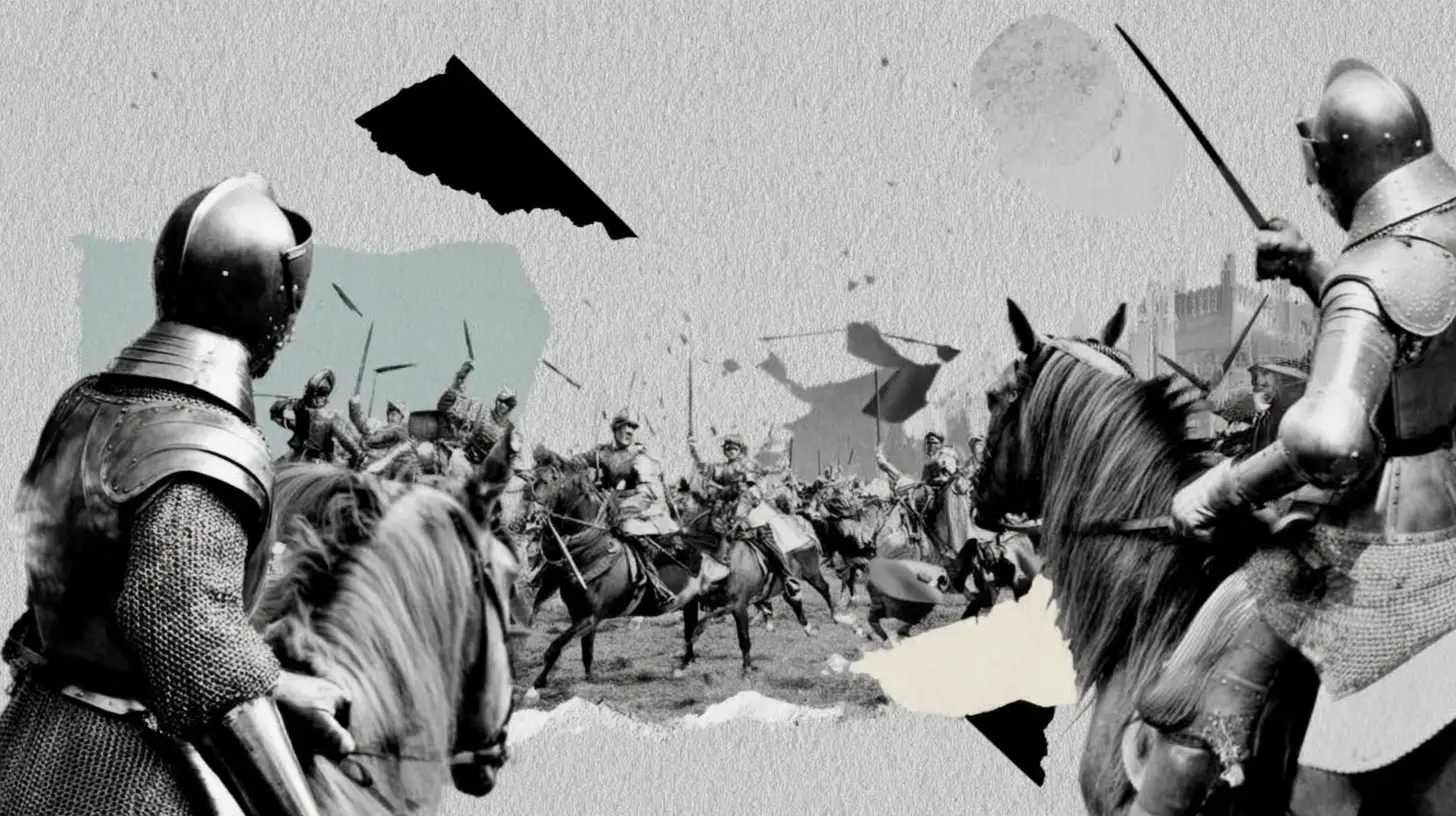
Henry Tudor defeats Richard III at Bosworth Field, ending the Wars of the Roses and establishing the Tudor dynasty that will produce Henry VIII and Elizabeth I.
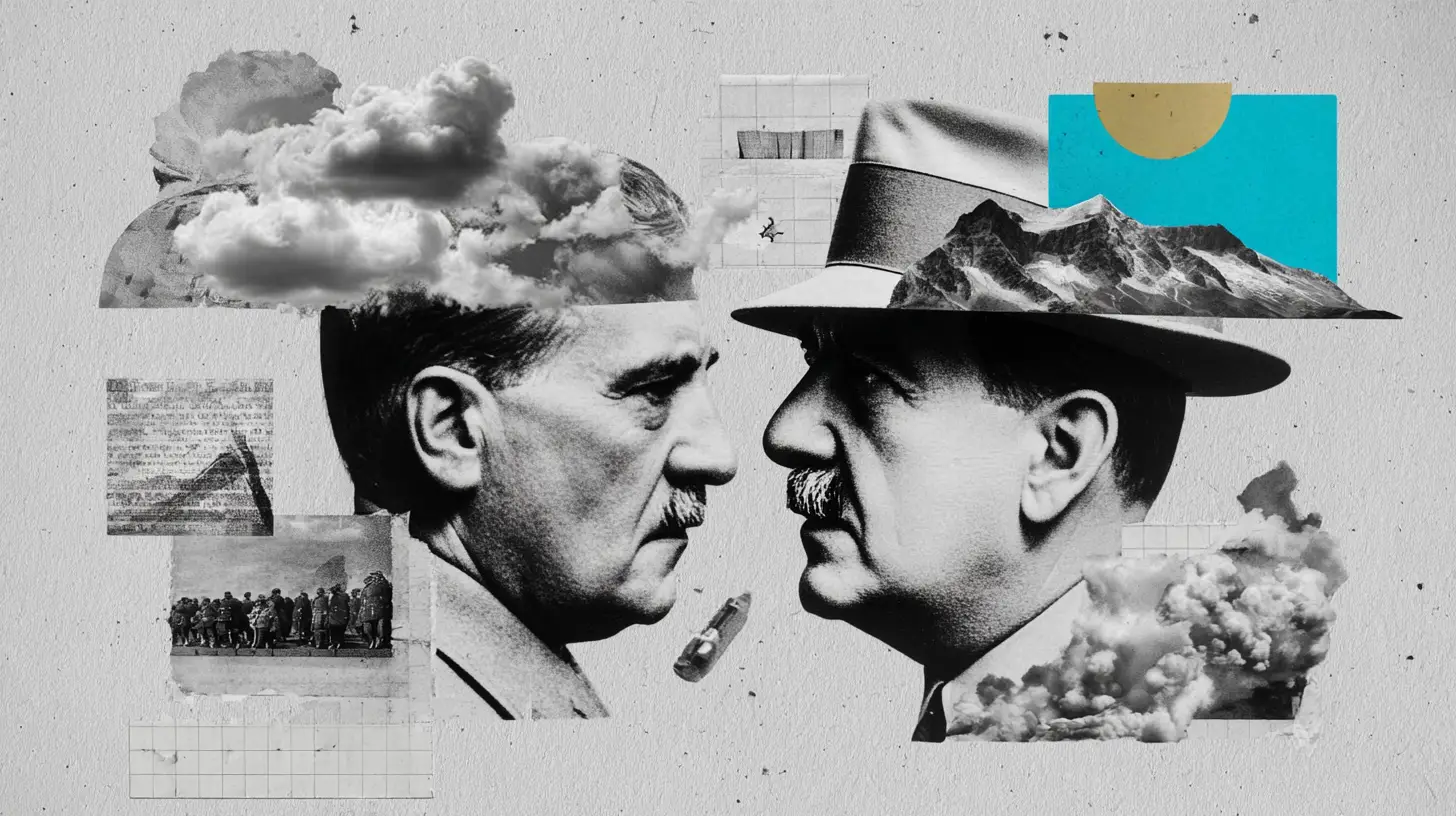
Hitler and Stalin sign the Molotov-Ribbentrop Pact, agreeing to divide Poland and giving Hitler freedom to attack Western Europe without fighting a two-front war.
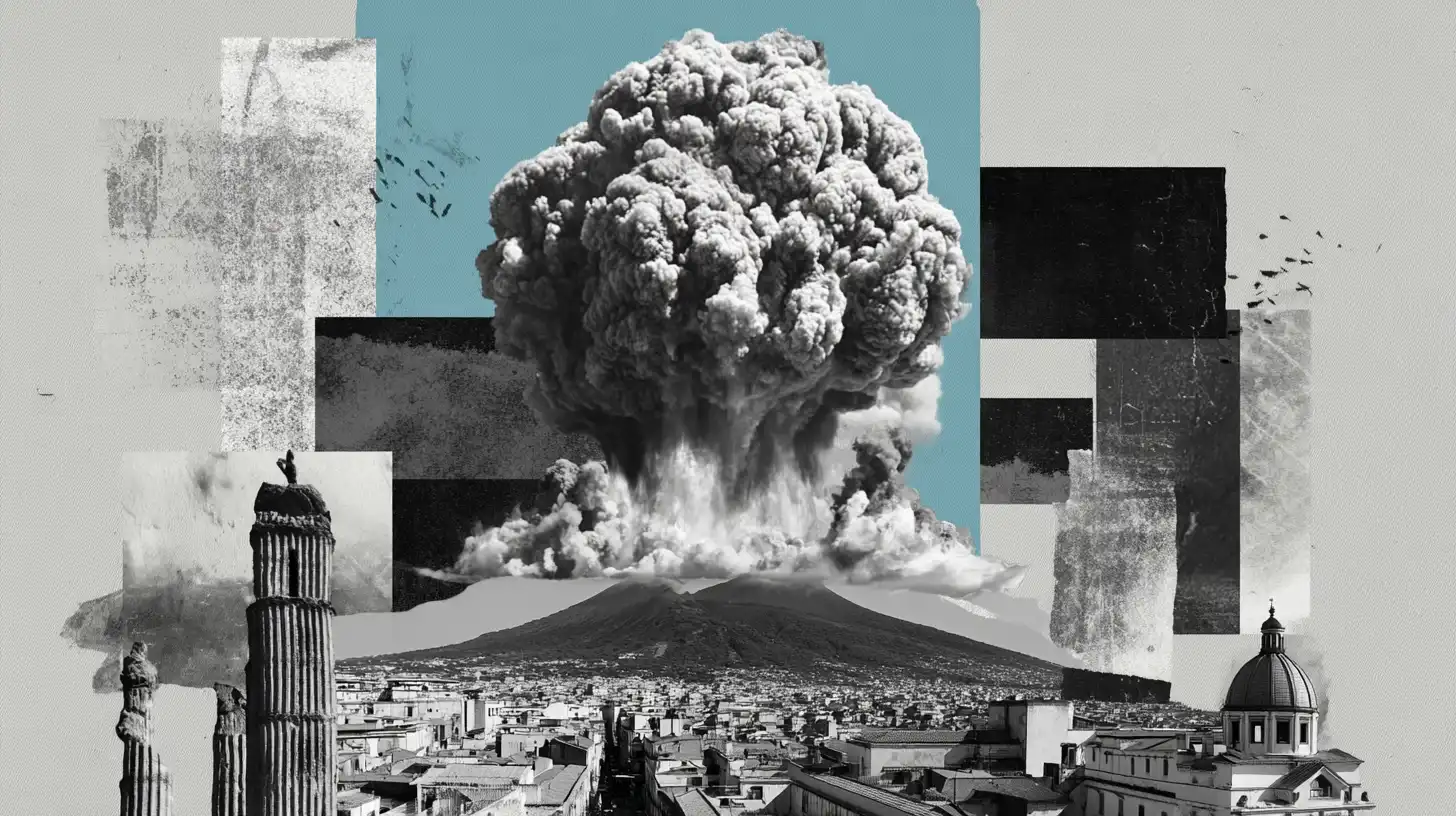
Mount Vesuvius explodes at midday, burying Pompeii and Herculaneum under volcanic ash and preserving these Roman cities as archaeological treasures for future generations.
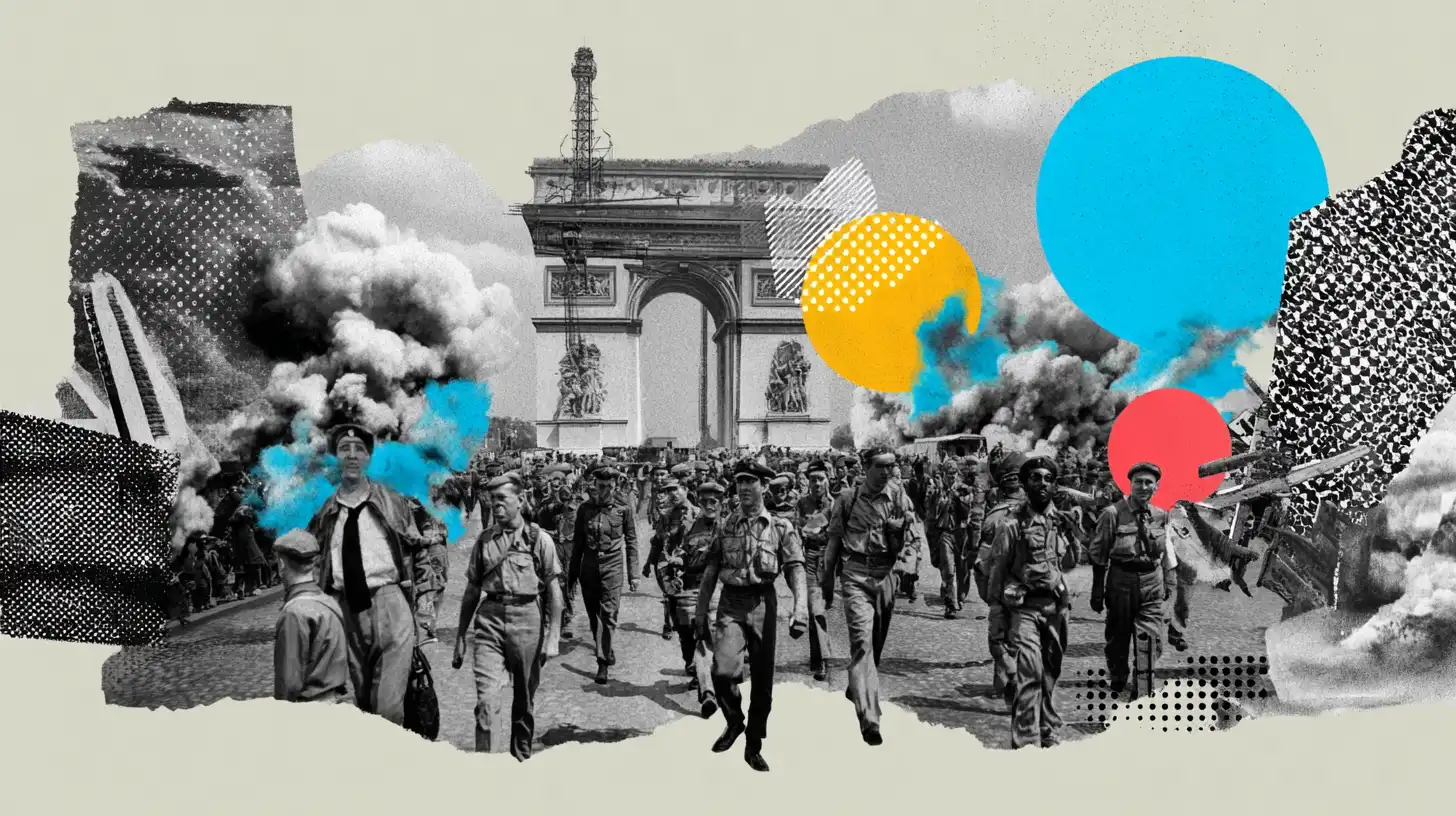
Allied forces liberate Paris from Nazi occupation as General Charles de Gaulle leads a triumphant march down the Champs-Élysées, restoring French pride after four years of humiliation.
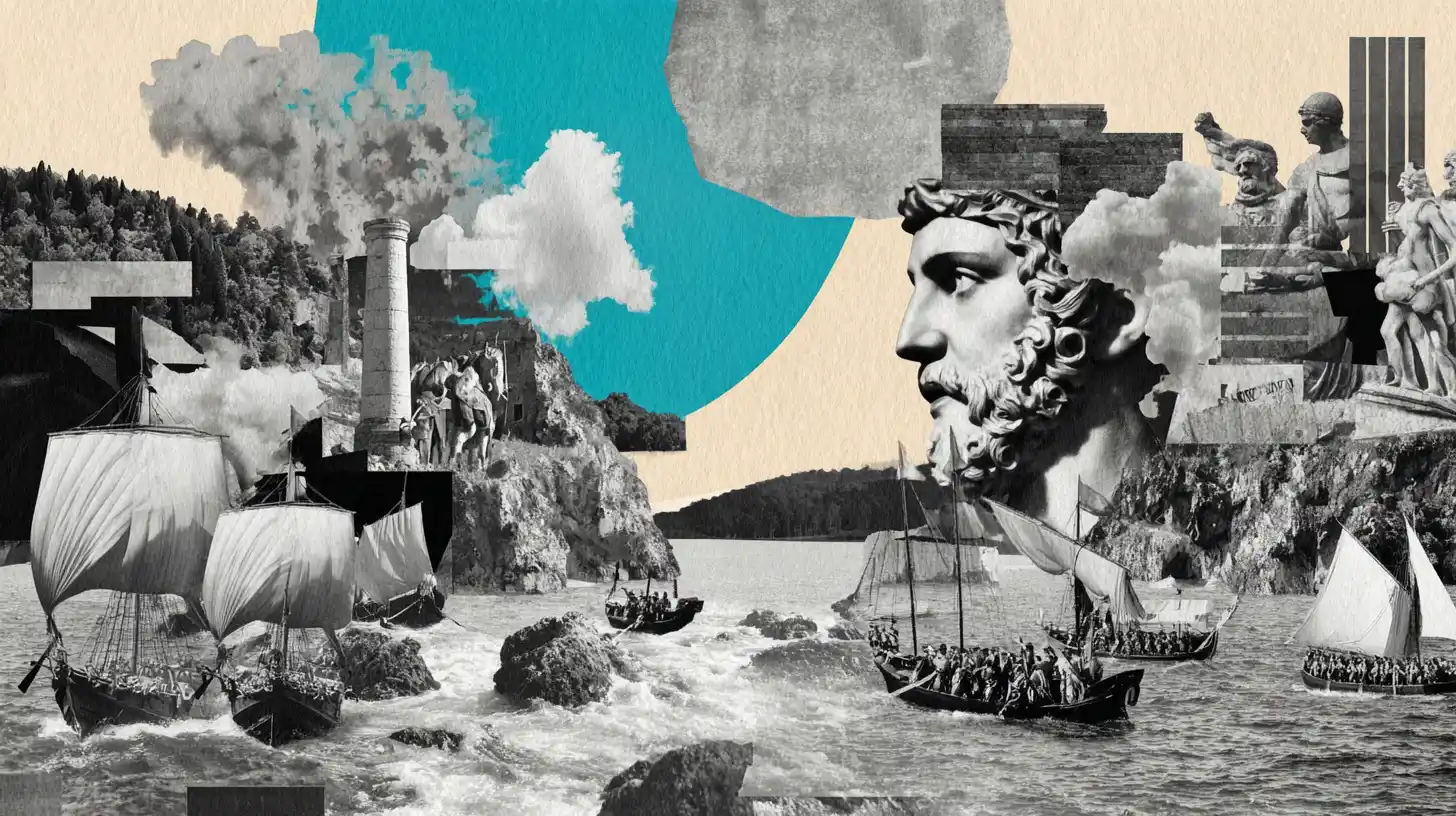
Julius Caesar leads two Roman legions across the English Channel, becoming the first Roman general to invade Britain and opening the island to eventual conquest under Claudius.
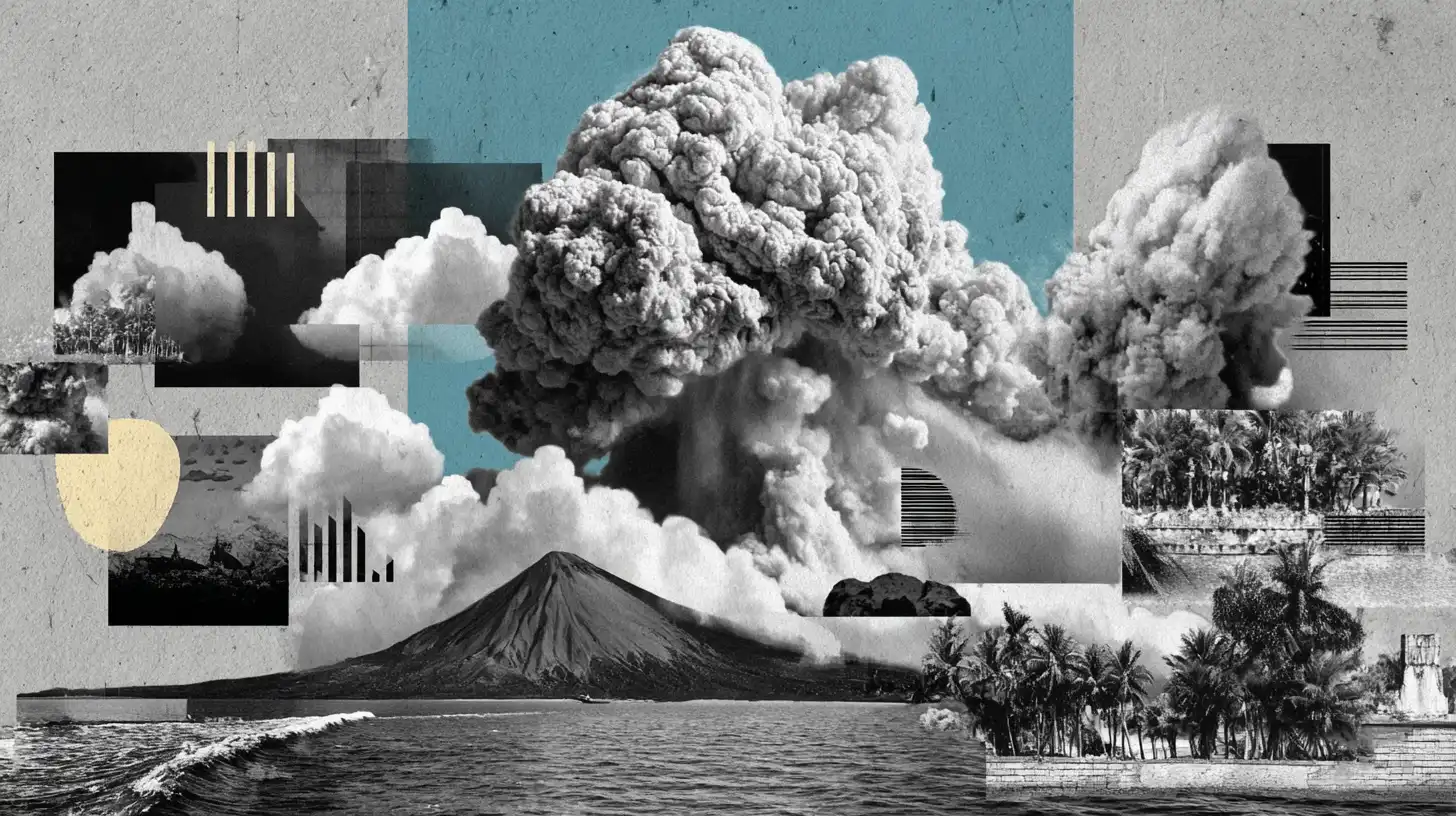
The volcanic island of Krakatoa explodes with the force of 13,000 atomic bombs, creating a sound heard 3,000 miles away and generating tsunamis that kill 36,000 people.
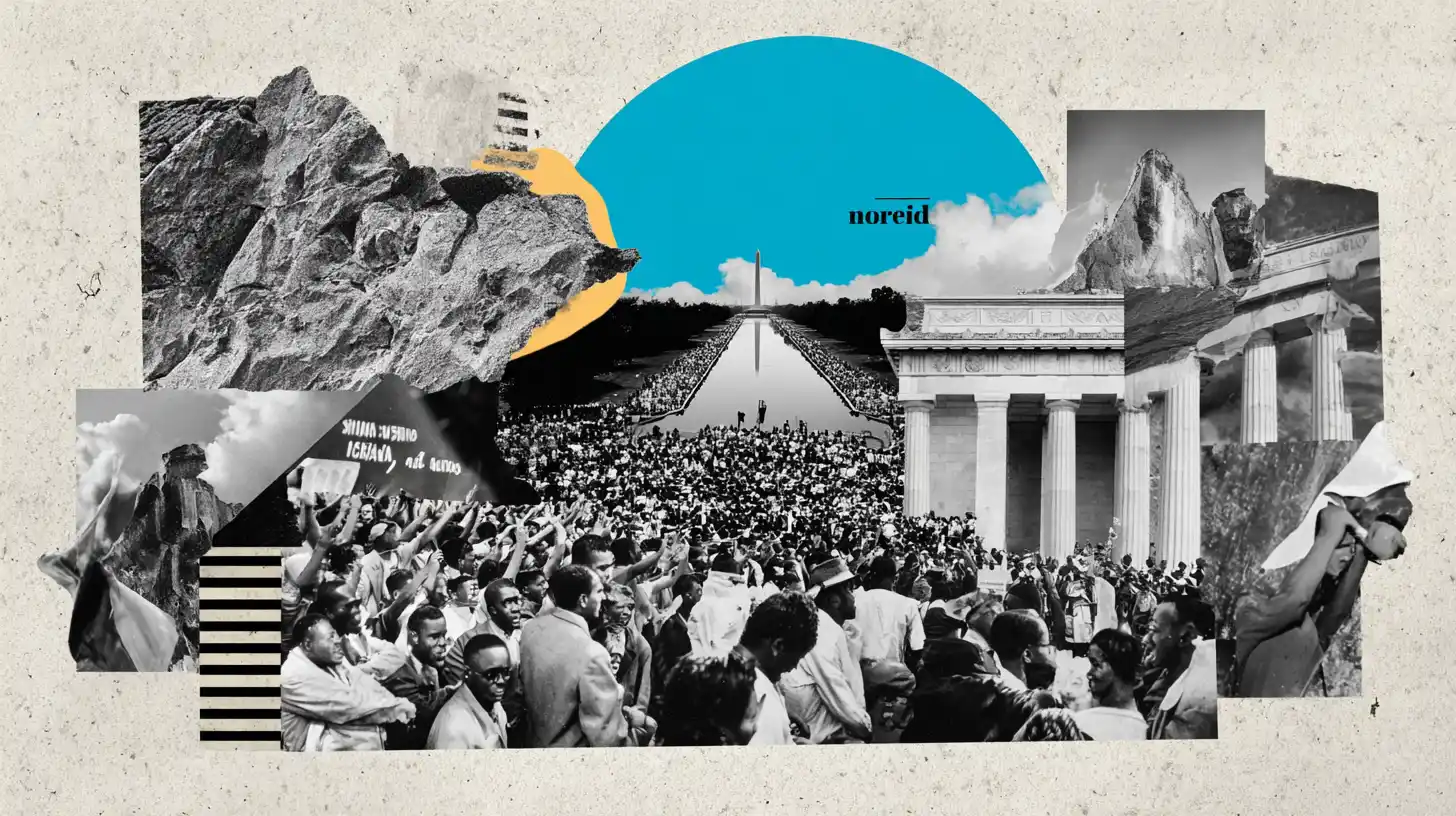
Martin Luther King Jr. delivers his "I Have a Dream" speech to 250,000 civil rights marchers at the Lincoln Memorial, crystallizing the moral urgency of America's struggle for racial equality.
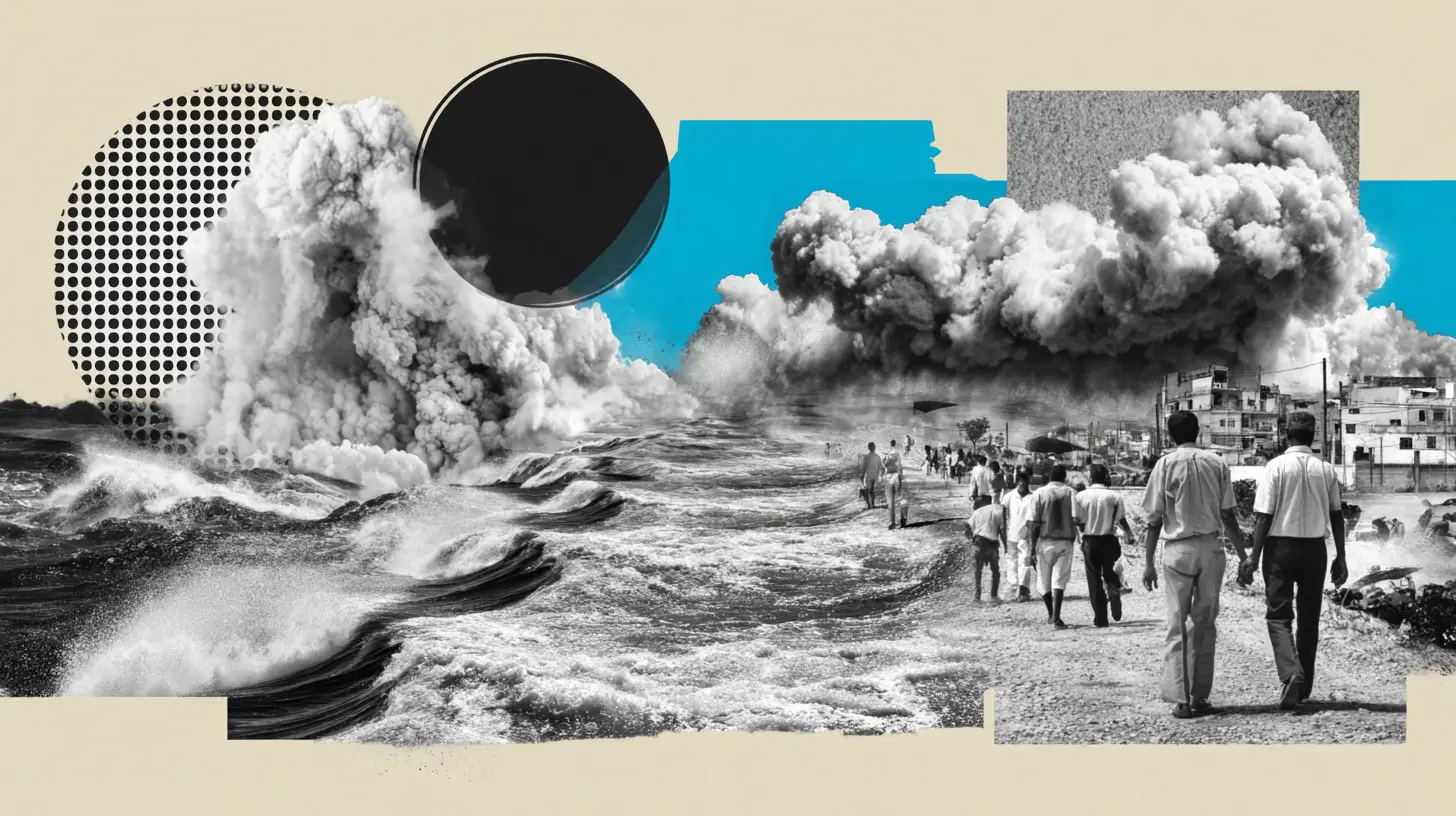
Hurricane Katrina strikes the Gulf Coast as a Category 3 storm, breaching New Orleans' levees and flooding 80% of the city in America's deadliest natural disaster since 1928.
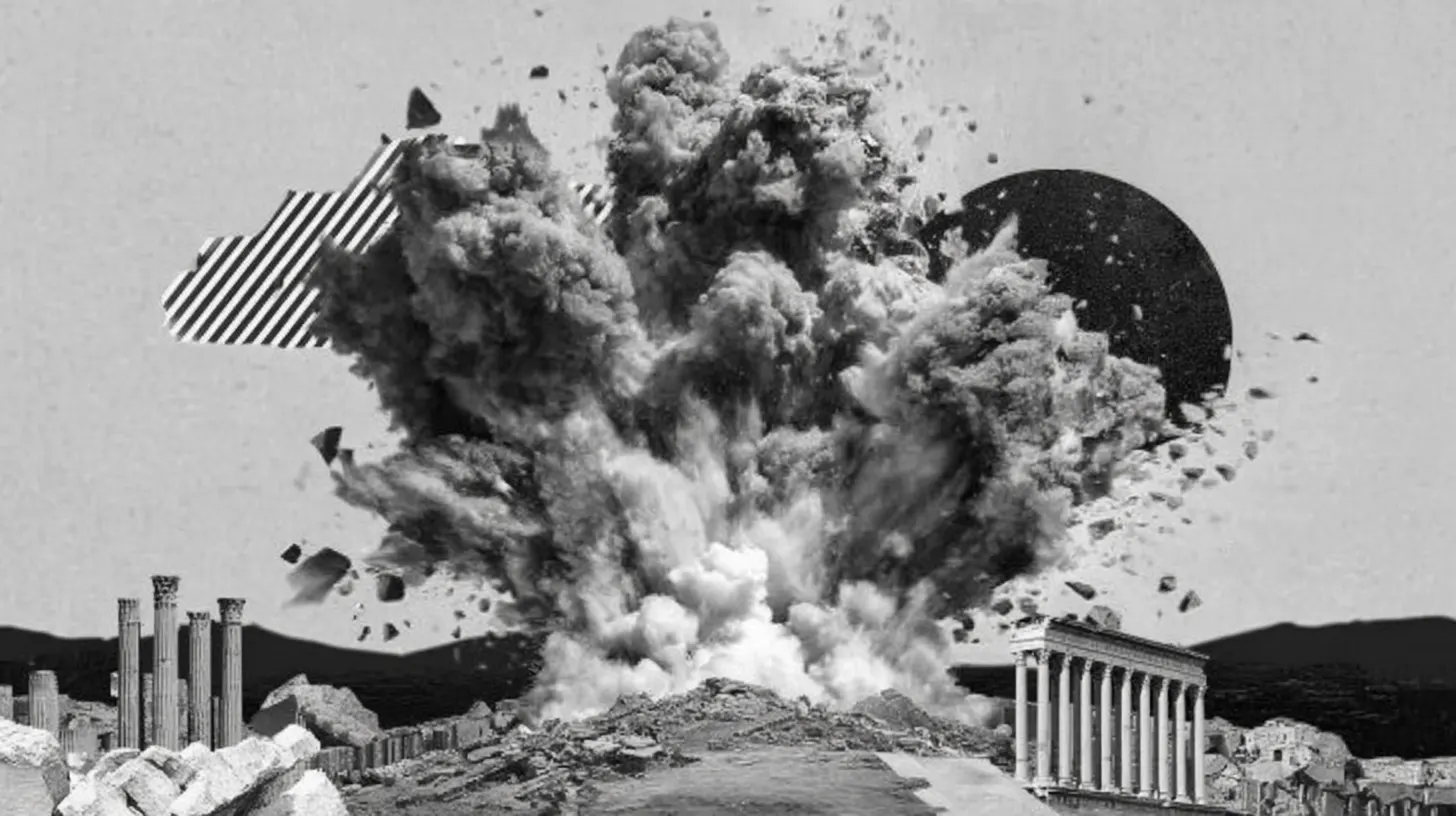
Roman forces under Titus end the siege of Jerusalem by destroying Herod's Temple, dispersing the Jewish population and marking the end of Second Temple Judaism.

Diana, Princess of Wales, dies in a car crash in Paris while fleeing paparazzi photographers, shocking the world and triggering an unprecedented outpouring of public grief.